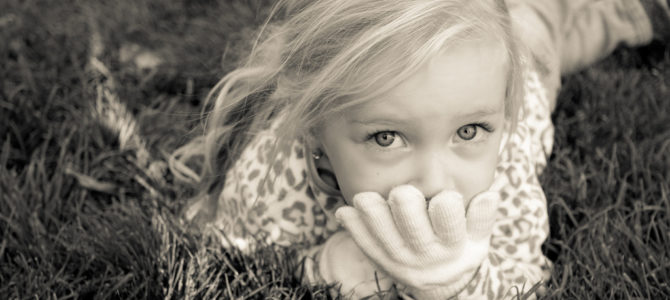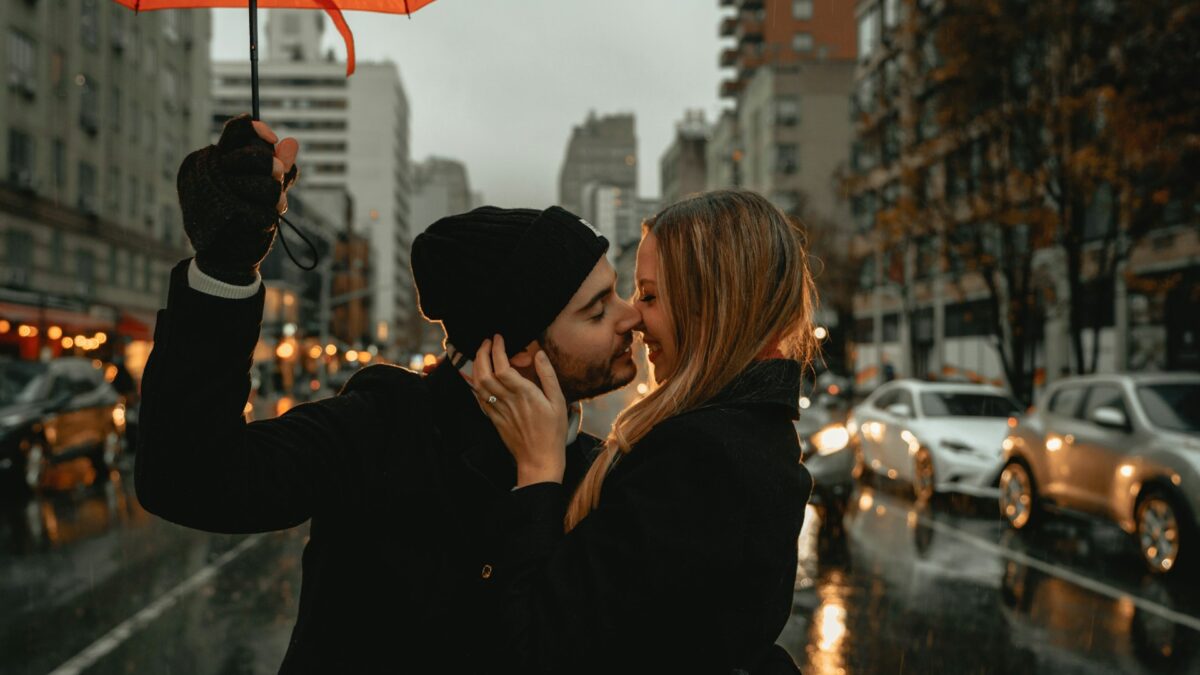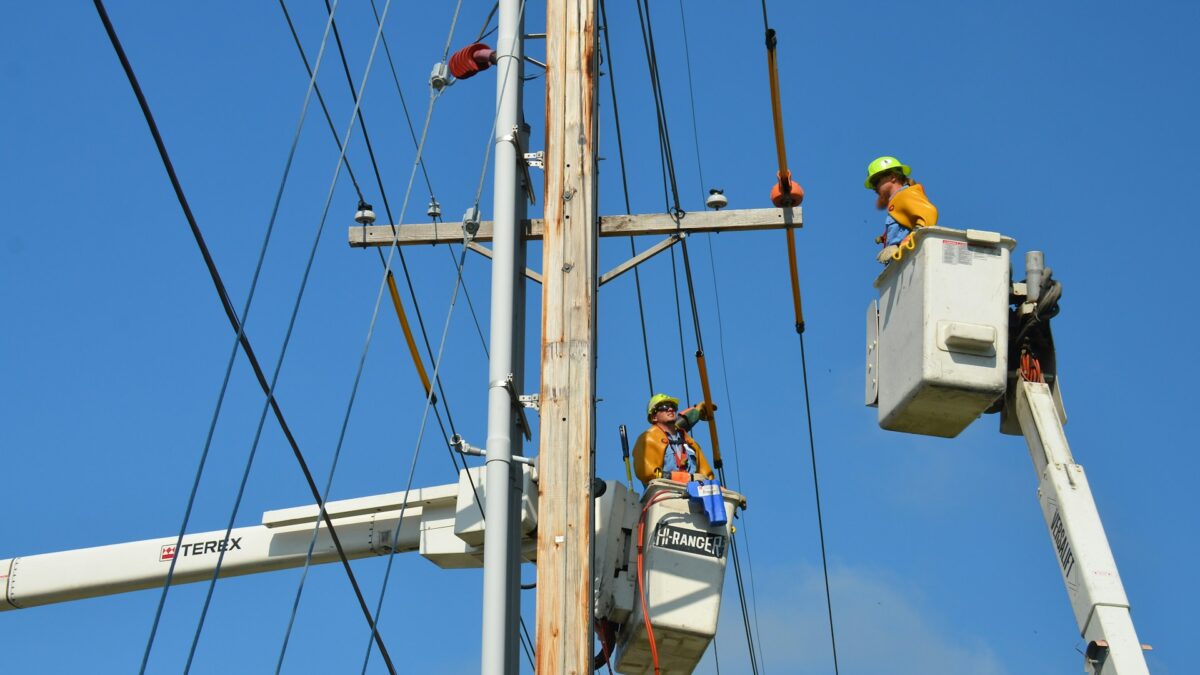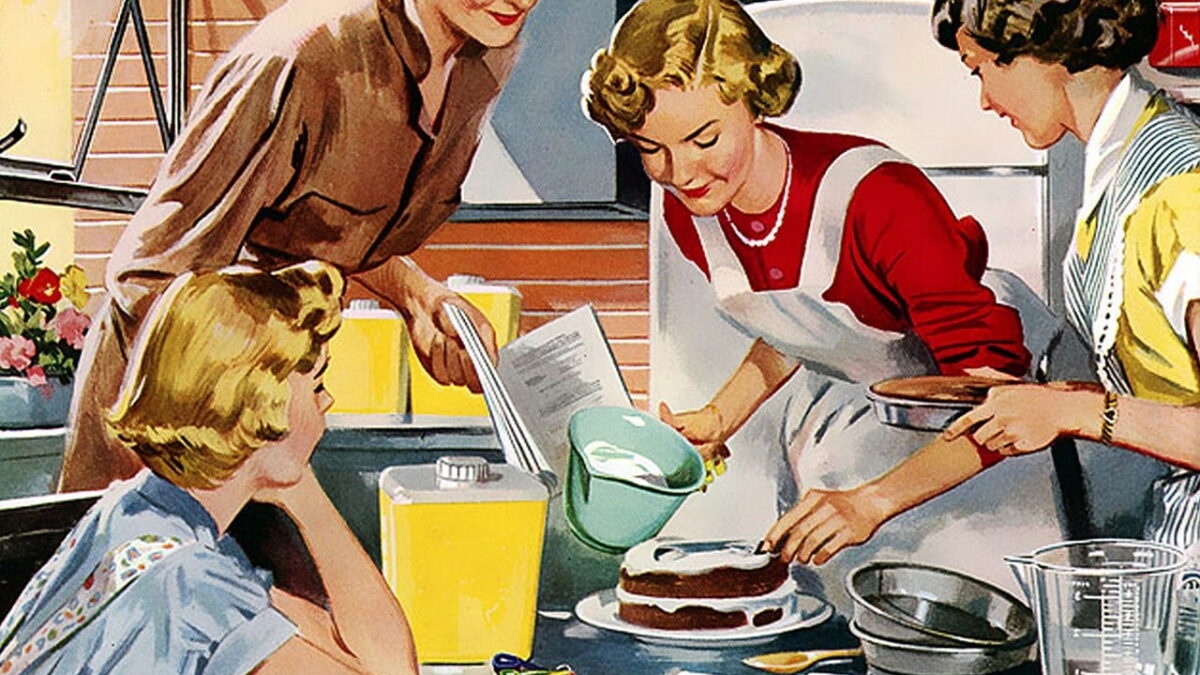
The Left has taken identity politics to a new extreme: Judging people based on the color of their hair. Instead of learning anything from the election of President Donald Trump about Americans’ disgust with identity politics and ever-expanding regions of political correctness, they have doubled down, declaring “blonde privilege” a real thing.
Writing for New York Magazine in a column titled, “Political Peroxide: Blonde Privilege,” author Amy Larocca takes on “the politics of hair color” by suggesting any female who dares dye her hair blonde—or heaven forbid, is born with it—is not just “privileged.” Worse, she’s a racist. (Unless she’s Beyoncé or Hillary Clinton, of course.)
“Fox News and Donald Trump have given blonde hair a new chapter: Now, blonde is the color of the right, for whom whiteness has become a hallmark,” Larocca wrote, adding:
#MAGA, Fox News America is a place where all the classic signifiers of privilege and wealth work on overdrive: country-club-issue blue blazers with brass buttons and khaki pants, and above all else, for women, that yellow-blonde, carefully tended hair — a dog whistle of whiteness, an unspoken declaration of values, a wink-wink to the power of racial privilege and to the 1980s vibe that pervades a movement led by a man who still believes in the guilt of the Central Park Five.
Never mind that yet again “girl power,” as portrayed by liberal feminists, takes the form of attacking successful women based on their looks. And never mind that the exact women these so-called “feminists” try to take down—Fox News hosts and White House staffers—are on the frontlines of smashing anti-women “dumb blonde” stereotypes. To them, a woman’s merits and accomplishments don’t count if she’s conservative and has blonde hair. Get your politics wrong, and your appearance is fair game for problematizing.
Why We Can’t Just Laugh It Off
The idea of “blonde privilege” is as dumb as it is dangerous. It should go without saying that Dana Perino, Megyn Kelly, and the 17 other women Larocca calls “dog whistle(s) of whiteness” didn’t get where they are because of their hair. Nor is there a sliver of evidence that any of them are actually racist.
Some of these women New York Magazine so graciously attacks, such as Kelly, have played a pivotal role in holding racist leaders like David Duke and anyone associated with him accountable. They cover violent protests on all sides, but to the ideological left, that doesn’t count.
As tempting as it is to cast aside Larocca’s argument as empty, illogical, and laughable, we need not look far to see the consequences of pandering to extreme identity politics. As Ben Domenech pointed out, there have been nearly 30 violent protests across the United States since 2009. The most recent turned deadly when a 20-year-old Nazi sympathizer rammed his car into a crowd of counter-protesters in Charlottesville. If you don’t appear a certain way, this man and his fellow white supremacists believe, you don’t belong. Their ideology represents identity politics at its absolute worst.
While “blonde privilege” doesn’t compare to the realities of white supremacy, it’s still extreme, and it’s based on the same premise: that appearance should determine a person’s human and political worth. Judging people based on their hair is as shallow as judging people based on their skin. Yes, one physical trait you can never change and the other you can purchase for $3.99, but they are both rooted in evil and hate.
Besides, being blonde is not merely a dyed phenomenon. Plenty of women are born with it. How is it right to insinuate a little blonde girl is a sexist or some other horrible thing for something she was born with and can’t control? Should moms dye their little blonde girls’ hair starting at birth? Where does it stop?
As Martin Luther King Jr. put it, individuals should be judged based on the content of their character, not the color of their skin. Never did I imagine having to add in hair. Putting people in appearance-based boxes encourages society to focus on our differences rather than the values that unite us. As far-fetched as a violent “blonde privilege” protest might be, there’s nothing productive about drawing conclusions based on someone’s hair. In fact, it’s so offensive it’s likely to fuel an unpleasant reaction.
Seeing People for the Individuals They Are
It should come as no surprise to learn that the woman responsible for conceiving the dumb idea of “blonde privilege” is an elite fashion director for New York Magazine. In a way, it makes perfect sense that a woman whose entire career focuses on appearance wants to stigmatize people for their hair.
We humans are complex creatures, even down to our decisions to get highlights. We’re visual and deeply flawed, and form plenty of unfair judgments. It’s in our DNA to draw conclusions based on appearance alone, but that’s not a tendency to celebrate or encourage. Casting judgments is an unfortunate reality that can only be fixed by catching ourselves, correcting ourselves, and changing course. Instead of moving away from this, however, we now have “blonde privilege” inspiring evermore ridiculous divisions, labels, and hate.
After making “blonde privilege” a real thing, the Left will pat themselves on the back for promoting “tolerance.” Meanwhile, the people targeted as an out-group merely for not having the “correct” identity will go on feeling all the more misunderstood. It’s an endless cycle that breeds the opposite of civility and respect, where neither side walks away with a win.









